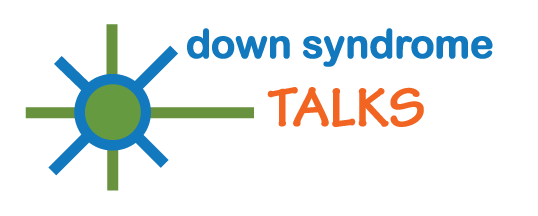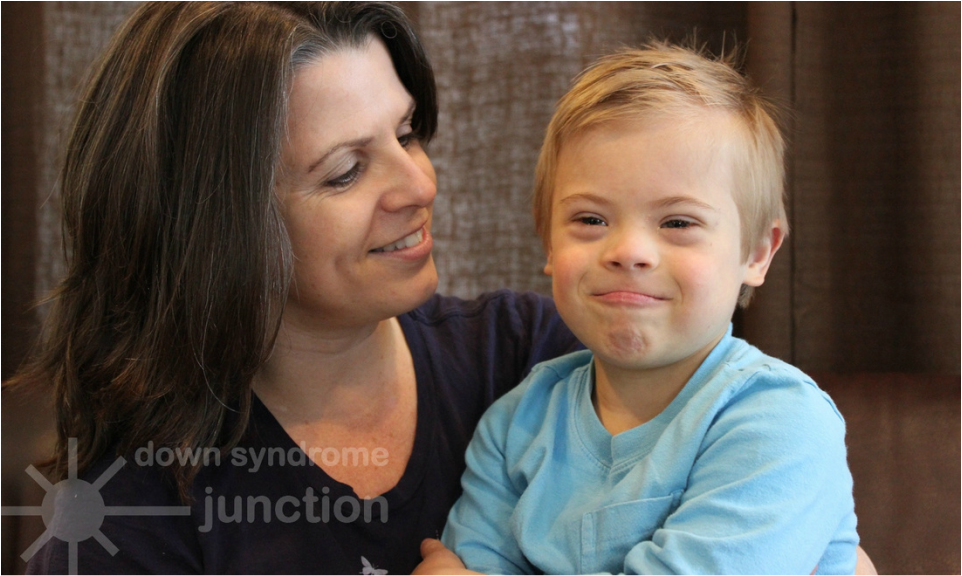|
By Jill Hicks Sometimes students with different learning abilities are assigned to a "Life Skills" program. The problem isn't with learning life skills. Life skills are important. The problem is deciding students with Down syndrome should not be included. That they are incapable of benefiting from academic instruction. Click on the colored "Read More" to continue. Every student with Down syndrome deserves the opportunity to learn math, language arts, science, and other "academic" subjects. Most importantly they deserve to be included. And inclusion happens when they are given the chance to learn alongside their "typical" peers. Life skills are taught primarily at home. Academics are taught primarily at school. Children with Down syndrome can learn to cook, wipe tables, and take out the garbage at home. Inclusion is really a mindset. Inclusion is explained so well in the article Why Bother Giving Access To Curriculum For Students With Significant Disabilities? written by Juanita Pritchard. As Juanita says, "I believe strongly that all students have the right to be exposed to the curriculum. Our job as teachers is to provide the materials and scaffolding they need to participate and progress. Isn’t that what special education means?" She also says, "The teacher has to approach every lesson thinking “What do I need to do to allow this student to participate and succeed?” The most important attribute for successful inclusion is a positive attitude toward inclusion. Juanita describes two common characteristics of teachers who successfully include students, "The first characteristic is that they approach instruction with a positive mind set. “How do I make sure this happens?” instead of “They can’t do that.” I call this thinking outside the box. Our students don’t fit in the gen ed box neatly so our solutions will have to be found outside that box. The second characteristic is they do their job with joy and create a fun learning environment. If the student and teacher are having fun, then learning will definitely take place." What's really at stake is more than what level of proficiency in math or science our children achieve. What's at stake goes way beyond learning to wipe tables and take out garbage. Our children with Down syndrome deserve to feel included. They deserve to have the opportunities to learn academics and make friends with typical peers. What is most important is that they feel they belong. And that everyone else feels they belong too. This is what is really at stake.
0 Comments
Leave a Reply. |
For a powerful resource to help your child speak
AuthorJill Hicks is the mother of a child with Down syndrome and a speech-language pathologist. Her passion is to empower others to help people with Down syndrome. WhArticles
|




 RSS Feed
RSS Feed
